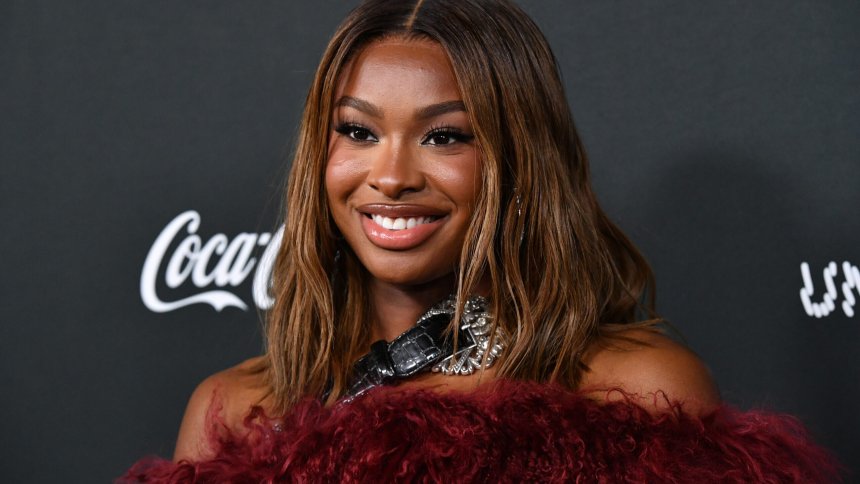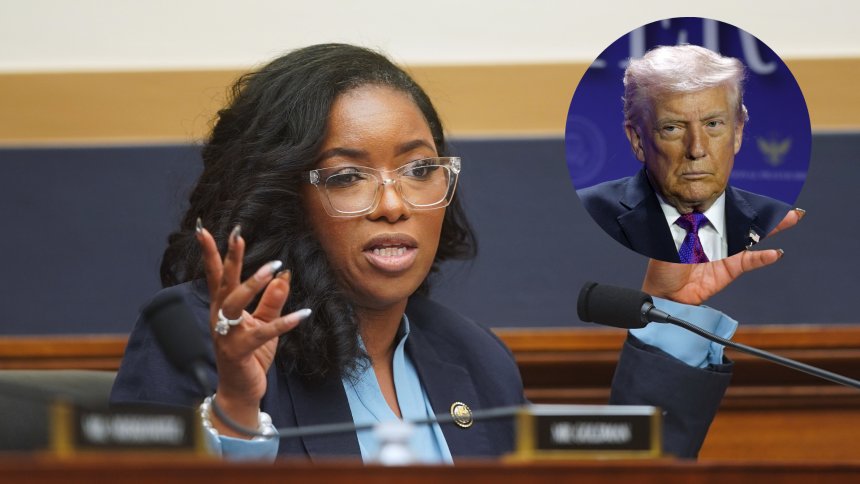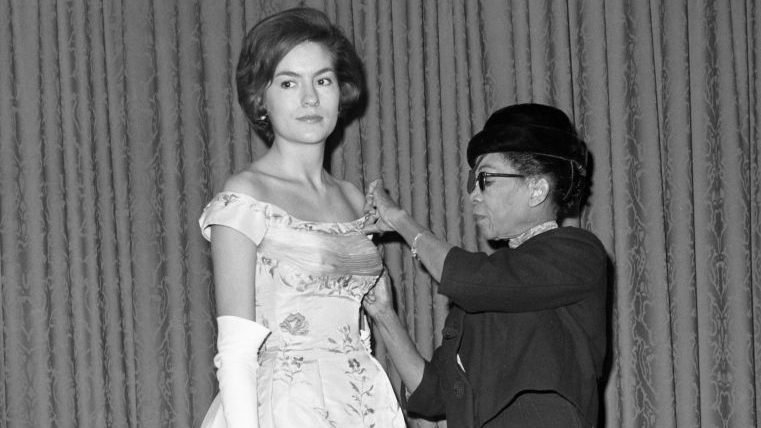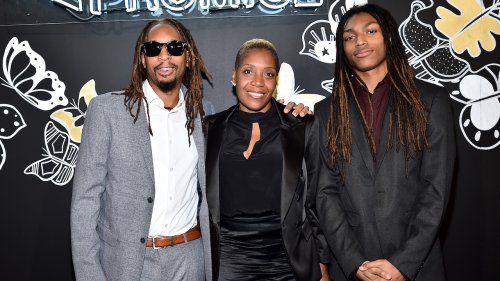Black women have always led. The future depends on listening
OPINION: New polling reveals Black women’s top concerns — history, jobs, wages, and a democracy that keeps asking for loyalty
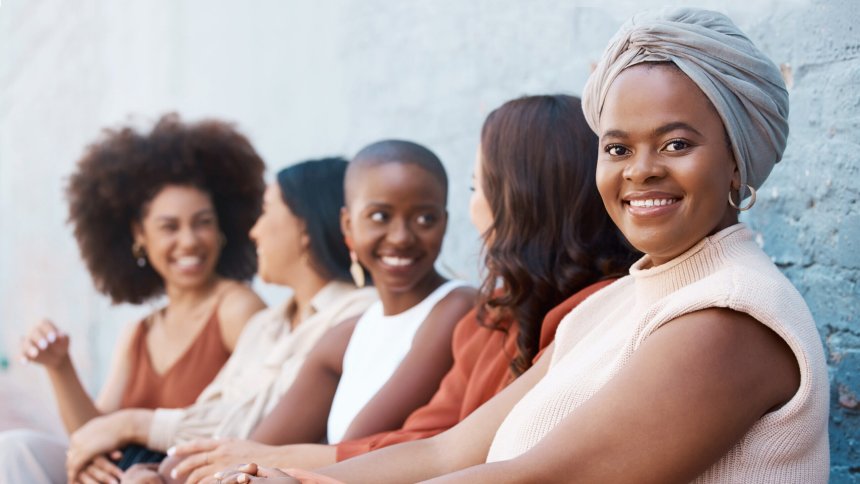
OPINION: New polling reveals Black women’s top concerns — history, jobs, wages, and a democracy that keeps asking for loyalty without giving protection.
Editor’s note: The following article is an op-ed, and the views expressed are the author’s own. Read more opinions on theGrio.
This year has felt like a blur of headlines, each one more disheartening than the last. From economic instability to rollbacks on social progress, it’s easy to feel like we’re moving backward. As two women who’ve spent our careers fighting for equity, one from the ground up, one from the systems level, we share the same question that’s echoing across Black communities right now:
Who is truly standing with us?
The most recent election cycle made that question unavoidable. Many candidates built their campaigns around themes of care, dignity, and belonging; yet the gap between rhetoric and reality remains. At the same time, Gen Z voters turned out in significant numbers, signaling that younger generations are not disengaged but demanding new forms of accountability and representation.
That doesn’t mean that the people aren’t tired. We see the exhaustion every day. Through our work with “Rise” and “The Highland Project”, we hear from young voters and Black women across the country who feel overlooked by the very systems their labor has sustained. “The Highland Project’s” new national poll, conducted with “Brilliant Corners Research and Strategy,” makes that pain visible: 8 in 10 Black women voters say America is worse than it was 3-4 years ago.
That is clarity, not apathy. It’s the recognition that for too long, Black women’s priorities have been acknowledged rhetorically but not reflected structurally. Their top concern is the erasure of Black history (83%), a topic that was more worrisome than even economic woes.
We know this because we’ve lived it.
When Mary-Pat organized students during the last election cycle, she watched young people turn away not from progressive values, but from politicians who refused to meet them where they are—on their timelines, on their platforms, in their realities. Meanwhile, Gabrielle’s data showed the same truth on a macro level: Black women are bearing the brunt of this economic downturn, with 55% feeling their wages are falling behind the cost of living, 50% are impacted by job cuts either personally or through a family member, and 48% do not feel financially prepared to retire. In April alone, Black women lost 106,000 jobs—the most of any demographic.
Behind those numbers are mothers, students, caretakers, and dreamers making impossible choices—between therapy and rent, between food and gas, between rest and resilience. And when our leaders across sectors and party lines respond with messaging instead of meaningful action, disillusionment isn’t a surprise; it’s a signal.
But make no mistake: we are not giving up. What might look like disengagement is actually recalibration.
We are not retreating, we are rebuilding.
Reimagining Power, Together
We’re redefining democracy as something that must be co-created, not consumed—a living practice that demands both accountability and imagination. We’re expanding what it means to lead, organize, and invest.
From “Rise’s” work mobilizing millions of students to “The Highland Project’s” efforts designing sustainable pathways to wealth and belonging, we’re building the infrastructure our communities have been denied.
At “The Highland Project,” our latest polling doesn’t just reveal data points—it tells a story. Despite economic uncertainty, Black women remain deeply committed to collective well-being. They’re reimagining what prosperity looks like: not just higher income, but abundant choice, financial freedom, thriving health, and shared belonging. Our coalition is creating new leadership models that center the collective—models where rest is treated as a requirement, care as currency, and freedom as a shared investment.
This comes at a time when our proprietary data shows that Black women are being even more intentional about how they spend their money and energy. According to our fall poll numbers, uncertainty about the state of the economy is one of Black women voters’ (77%) top worries.
That’s why” Meet Me at the Highland™” was created as a gathering space for reflection and truth-telling—space where leaders across the nation speak the language of legacy and liberation out loud. In each conversation, we witness what data alone cannot show: the emotional and spiritual work of building futures that include all of us.
Listening as a Form of Leadership
This moment calls for a new kind of listening; one that doesn’t extract from Black women but invests in them.
Frameworks like “Black Women’s Best” remind us that when Black women are centered, everyone benefits. The policies and leaders we need aren’t hypothetical; they’re here, waiting to be resourced, trusted, and amplified.
To those shaping policy and public priorities, we offer this reminder: our commitment has never wavered. Our collective future depends on whether our institutions choose to invest in the people who’ve kept their promise alive.
But the future depends on whether institutions will finally match that commitment. It depends on whether they will listen, invest, and follow the leadership of the women who have kept democracy alive through every era of crisis.
We are no longer waiting for permission.
We are leading, as we always have: with care, with courage, and with a clear vision for what’s next. Because when Black women are sustained, everyone is sustained.
If that investment is made, we don’t just have a chance to survive the future—we have the power to build it.
Gabrielle Wyatt is the Founder and CEO of The Highland Project, a values-aligned coalition building multigenerational wealth and opportunity for all.
Mary-Pat Hector is the CEO of Rise, a national organization mobilizing students and young voters for equitable education, democracy, and opportunity.
Share
What's Your Reaction?
 Like
0
Like
0
 Dislike
0
Dislike
0
 Love
0
Love
0
 Funny
0
Funny
0
 Angry
0
Angry
0
 Sad
0
Sad
0
 Wow
0
Wow
0
